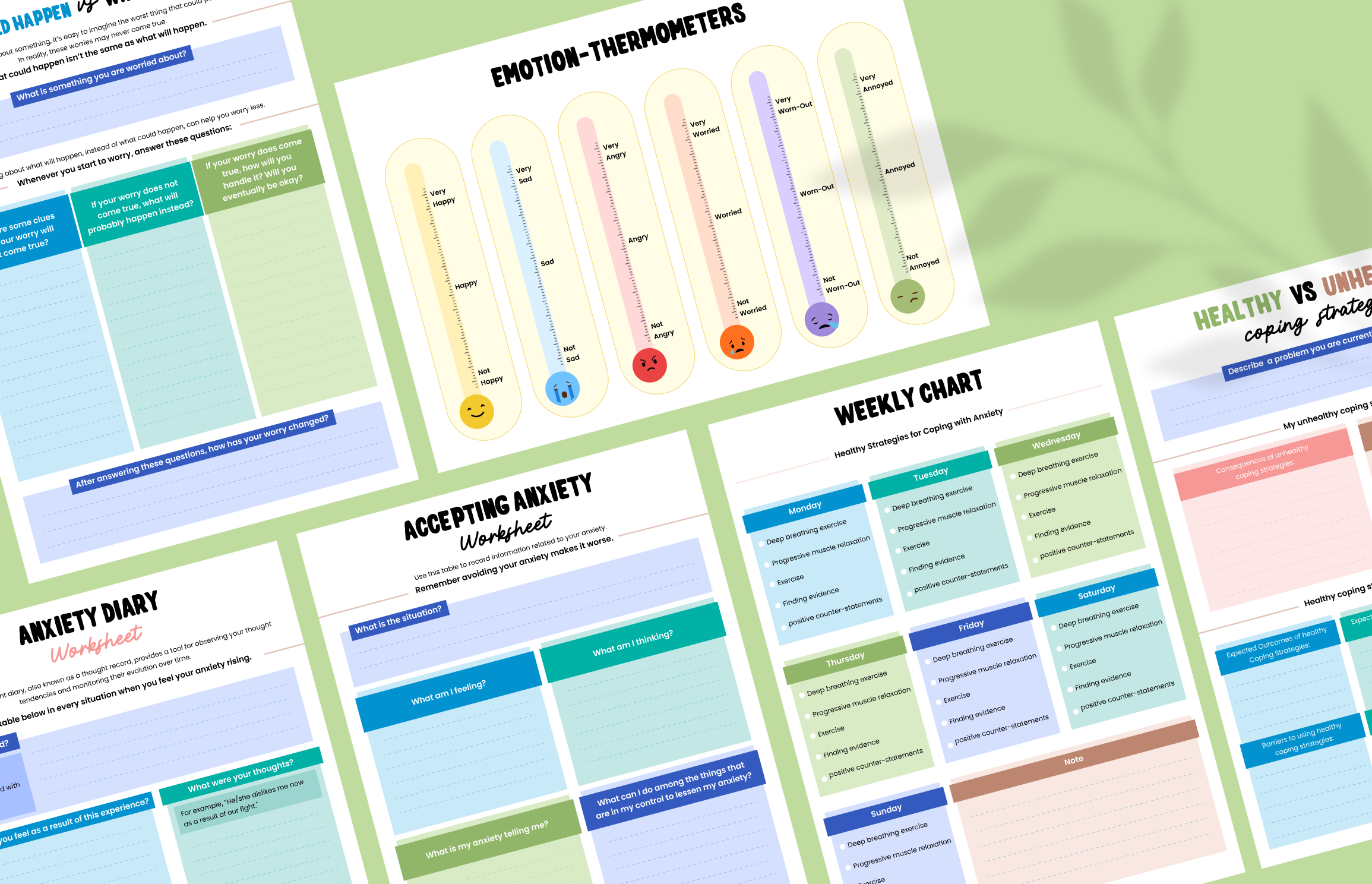
Managing Anxiety Through Diet and Lifestyle Changes
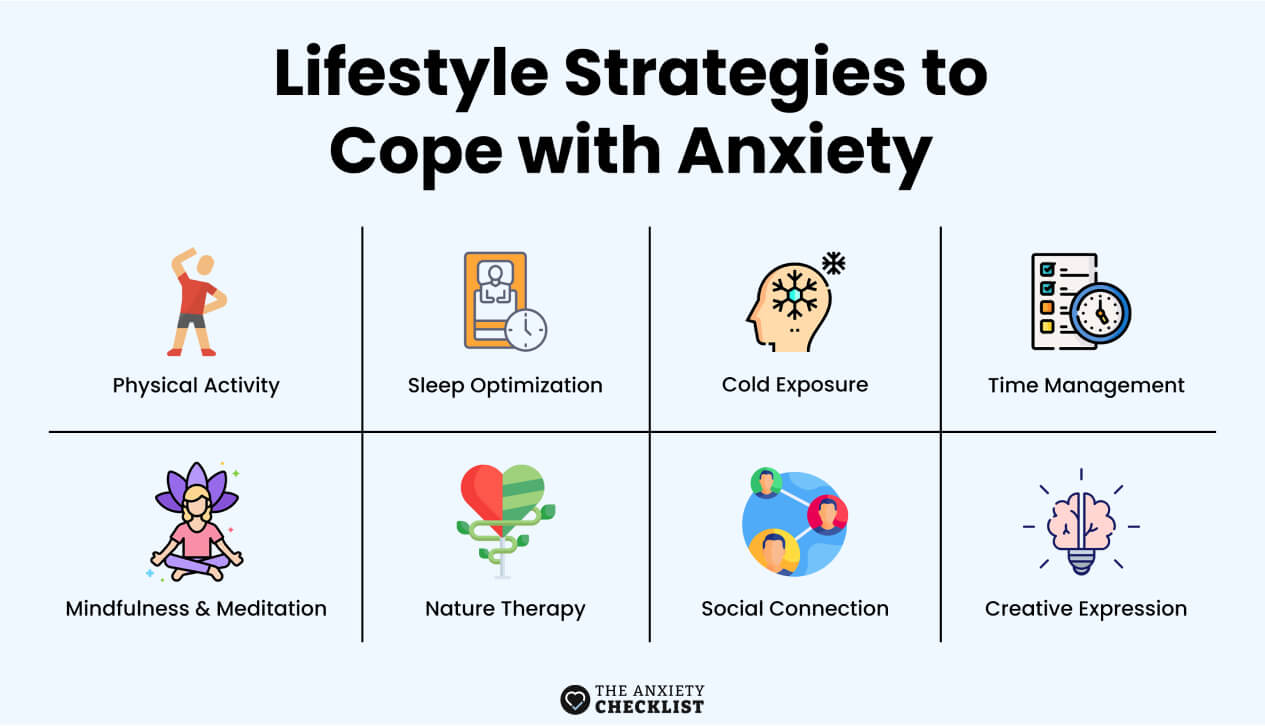
Anxiety is a common experience, affecting many people at different points in their lives. It can manifest as a natural reaction to stress, but when it becomes chronic or intense, it can be harder to manage. While traditional treatments like medication and therapy are often necessary, incorporating certain lifestyle changes can also make a significant difference in managing anxiety. Here are some practical strategies to help you reduce anxiety and improve your mental health.
5 Techniques for Managing Anxiety in the Moment

When anxiety strikes, there are several immediate coping techniques you can try. These methods may take some practice, but with time, they can become essential tools for handling anxiety.
1. Challenge Negative Thoughts

Anxiety often stems from distorted thinking patterns, such as negative self-talk or overestimating potential threats. To manage anxiety, start questioning your thoughts. Ask yourself: “Is this thought based on facts, or is it an assumption or emotional reaction?” By challenging unhelpful thoughts, you can reduce the intensity of your anxiety and regain control over your emotions.
2. Practice Deep Breathing

Deep breathing is one of the simplest and most effective ways to reduce anxiety in the moment. Try breathing in for 4 counts and exhaling for 4 counts for 5 minutes. This technique helps to slow your heart rate and calm your nervous system. Another popular method is the 4-7-8 breathing technique, which involves inhaling for 4 seconds, holding your breath for 7 seconds, and exhaling for 8 seconds. This can bring a sense of calm almost immediately.
3. Aromatherapy

Aromatherapy has been shown to help reduce anxiety in some cases. Certain scents, such as lavender, chamomile, and sandalwood, have calming effects. You can use essential oils in a diffuser, as incense, or even candles. Incorporating these soothing aromas into your environment can promote relaxation and reduce anxiety quickly.
4. Exercise and Movement

Physical activity is a powerful way to manage stress and anxiety. Cardiovascular exercises, such as brisk walking, yoga, or tai chi, can have immediate benefits. Even brief bursts of activity—like doing squats, pushups, or jumping jacks for 30 to 60 seconds—can help alleviate anxiety symptoms. Exercise helps regulate hormones like cortisol and releases endorphins, which boost your mood and provide a sense of calm.
5. Grounding Techniques
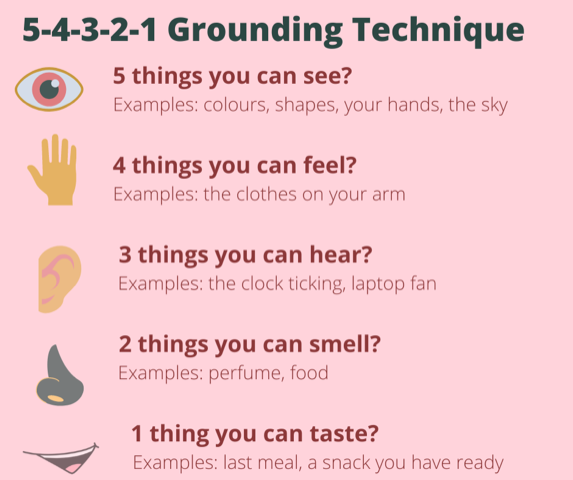
Grounding techniques help you refocus and reconnect with your physical senses, diverting attention away from anxiety triggers. One method is the 333 rule: identify three things you can see, three things you can hear, and three things you can touch. Spend at least a minute on each, which can help you regain focus and calm your mind.
6 Long-Term Strategies for Managing Anxiety

If you experience persistent anxiety, working with a mental health care professional can help you develop a comprehensive treatment plan. In addition to professional therapy, there are several strategies that can help manage anxiety in the long term.
1. Identify Triggers
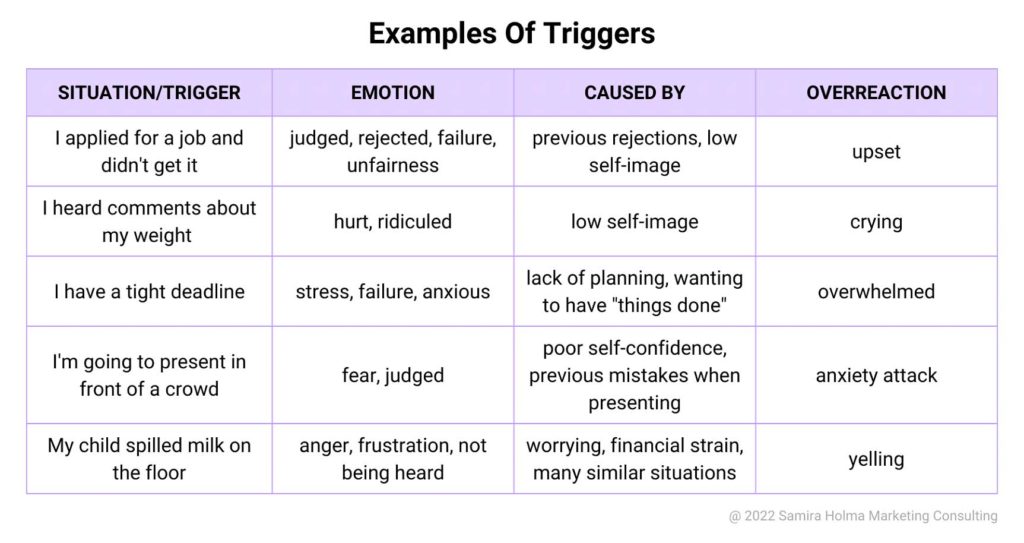
Understanding the triggers that cause your anxiety is a key step in managing it. Common triggers might include work stress, relationship problems, substance withdrawal, or past trauma. Identifying these stressors allows you to develop better coping mechanisms and prevent anxiety from escalating.
2. Learn About Medications
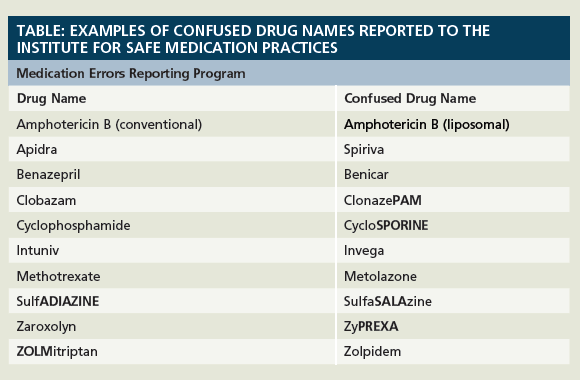
Sometimes, lifestyle changes alone aren’t enough, and medication may be necessary to manage anxiety. If you’re taking medications or thinking about starting them, talk to your doctor about any side effects. Common anxiety medications include SSRIs (selective serotonin reuptake inhibitors), SNRIs (serotonin-norepinephrine reuptake inhibitors), benzodiazepines, and tricyclic antidepressants.
3. Practice Meditation
Daily meditation can help retrain your brain to manage anxious thoughts when they arise. Over time, meditation helps reduce the anxiety response to stressors, which can prevent anxiety from escalating. You can also try walking meditation or yoga if sitting still is difficult. Guided imagery is another helpful technique.
4. Keep a Journal

Journaling is an excellent way to express your thoughts and emotions. Writing regularly can help you identify patterns in your anxiety and keep track of what strategies are working for you. Journaling can also provide long-term relief by helping you process emotions and gain clarity.
5. Socialize More

Spending time with trusted friends and family can be a great way to prevent and manage anxiety. Social connections encourage laughter and support, which are both important for stress relief. Research shows that regular socializing can also increase resilience to stress.
6. Stay Active

Regular physical activity can have long-lasting benefits for managing anxiety. Exercise improves mental clarity, sleep, and overall health. Even small amounts of physical activity have an accumulative effect on reducing anxiety.
Summary
Managing anxiety involves a combination of immediate coping techniques and long-term strategies. By practicing deep breathing, exercising regularly, and using relaxation methods like meditation and aromatherapy, you can reduce anxiety in the moment. Long-term strategies like identifying triggers, seeking therapy, and maintaining a healthy lifestyle will also help manage anxiety over time.
FAQs
1. How can I reduce anxiety naturally?
You can reduce anxiety by practicing relaxation techniques like deep breathing, yoga, and meditation. Regular exercise and a healthy diet are also important for long-term anxiety management.
2. What are some quick ways to calm anxiety?
Quick techniques for calming anxiety include deep breathing, grounding exercises, and physical movement. Even a few minutes of stretching or walking can help calm your mind.
3. Can journaling help with anxiety?
Yes, journaling can help reduce anxiety by providing a safe space to express your thoughts and feelings. It can also help you identify triggers and track coping strategies that work for you.
4. Should I see a doctor if my anxiety persists?
If your anxiety is persistent or interferes with daily life, it’s a good idea to seek professional help. A therapist or doctor can help you create a personalized plan to manage your anxiety effectively.
5. Are there any foods that help with anxiety?
Certain foods, like those rich in omega-3 fatty acids (such as salmon and walnuts), magnesium, and vitamins B and D, may help reduce anxiety. Avoiding caffeine, sugar, and processed foods can also help prevent anxiety symptoms.
Conclusion
Managing anxiety is a multifaceted process that involves both immediate coping techniques and long-term strategies. While techniques like deep breathing, physical activity, and mindfulness can offer quick relief, adopting a comprehensive approach that includes lifestyle changes, identifying triggers, and seeking professional support is essential for long-term anxiety management. Incorporating healthy habits such as regular exercise, a balanced diet, and social connections can significantly reduce anxiety levels and improve overall mental well-being.
If your anxiety is severe or chronic, working with a healthcare professional is crucial to develop a personalized plan, which may include therapy, medication, and lifestyle adjustments. Remember, you don’t have to face anxiety alone—help is available, and with the right tools, you can take charge of your mental health.

